cost effective homeownership
September 11, 2020
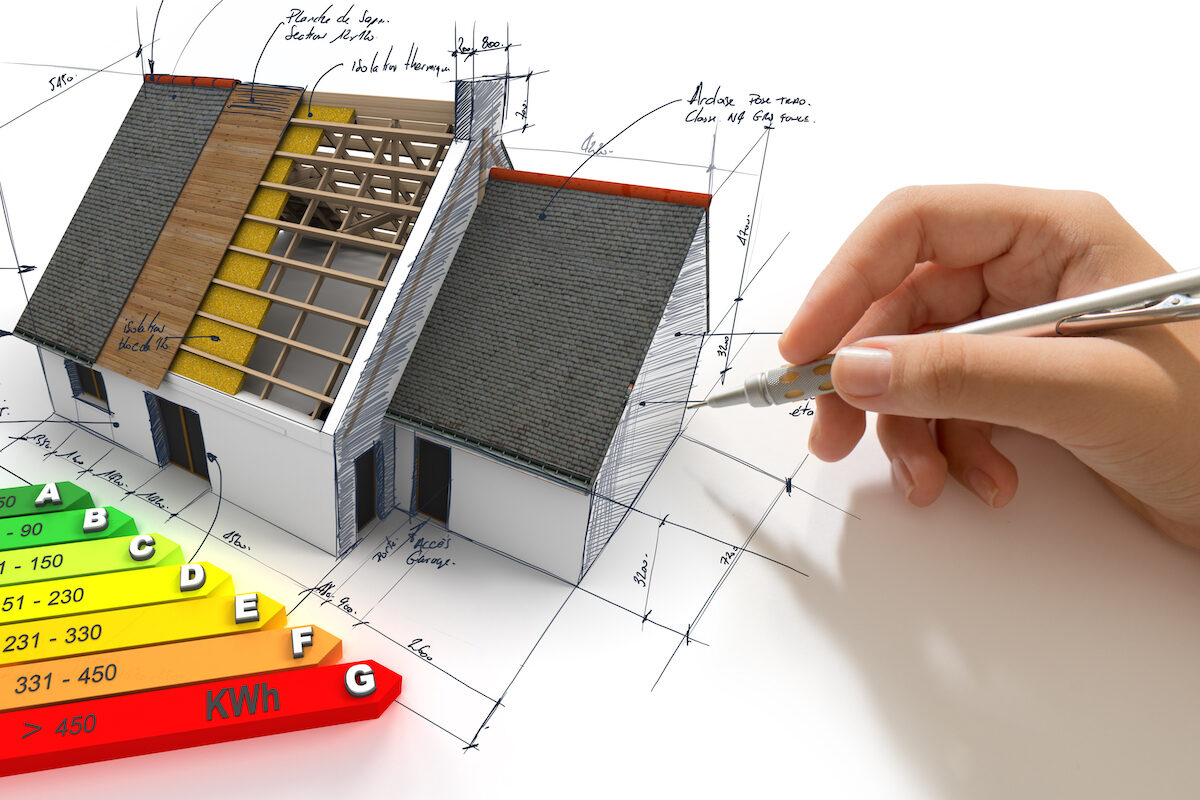
Protect Homebuyers, Reward Efficiency
Economists often say that markets make the best decisions. But that can be true only when markets have accurate and complete information. Today, the housing market is flying blind regarding one of the most important characteristics of a home: energy use. The solution is mandatory energy disclosure at the time of sale. It’s good for buyers, sellers and the climate.
Read ArticleSeptember 11, 2020

Zero Fulfills Human Needs at All Levels
A good product meets real human needs. Abraham Maslow’s hierarchy of needs provides a powerful framework for converting those needs into effective messaging to homebuyers. To sell more zero energy homes, sellers need to link the needs of home buyers with the many tangible benefits of zero energy homes.
Read ArticleAugust 15, 2020
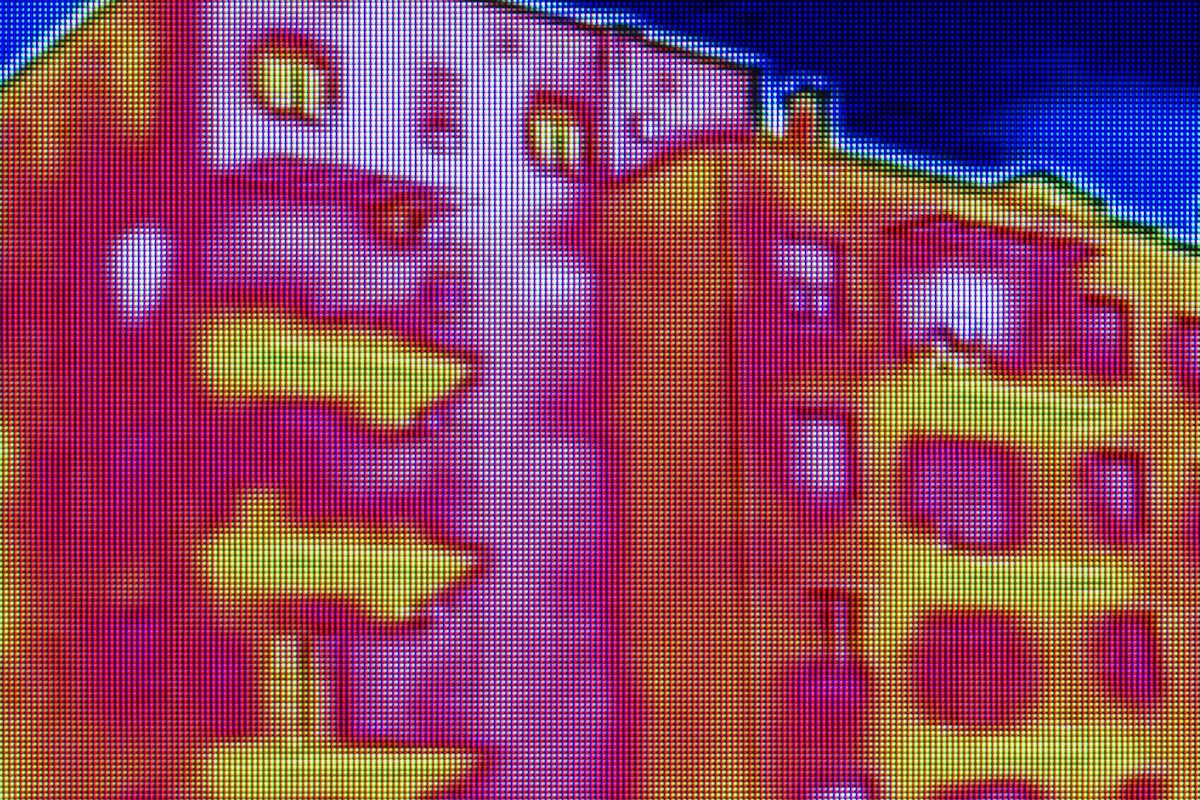
Fast-tracking Building Energy Retrofits
At current rates, most offices and homes will not be retrofitted for decades or even centuries to acceptable levels of energy efficiency. One approach is mandatory building performance standards—requiring existing buildings to meet a performance benchmark (energy or carbon intensity, performance rating, etc.), with owners having multiple years to bring buildings into compliance.
Read ArticleJuly 21, 2020
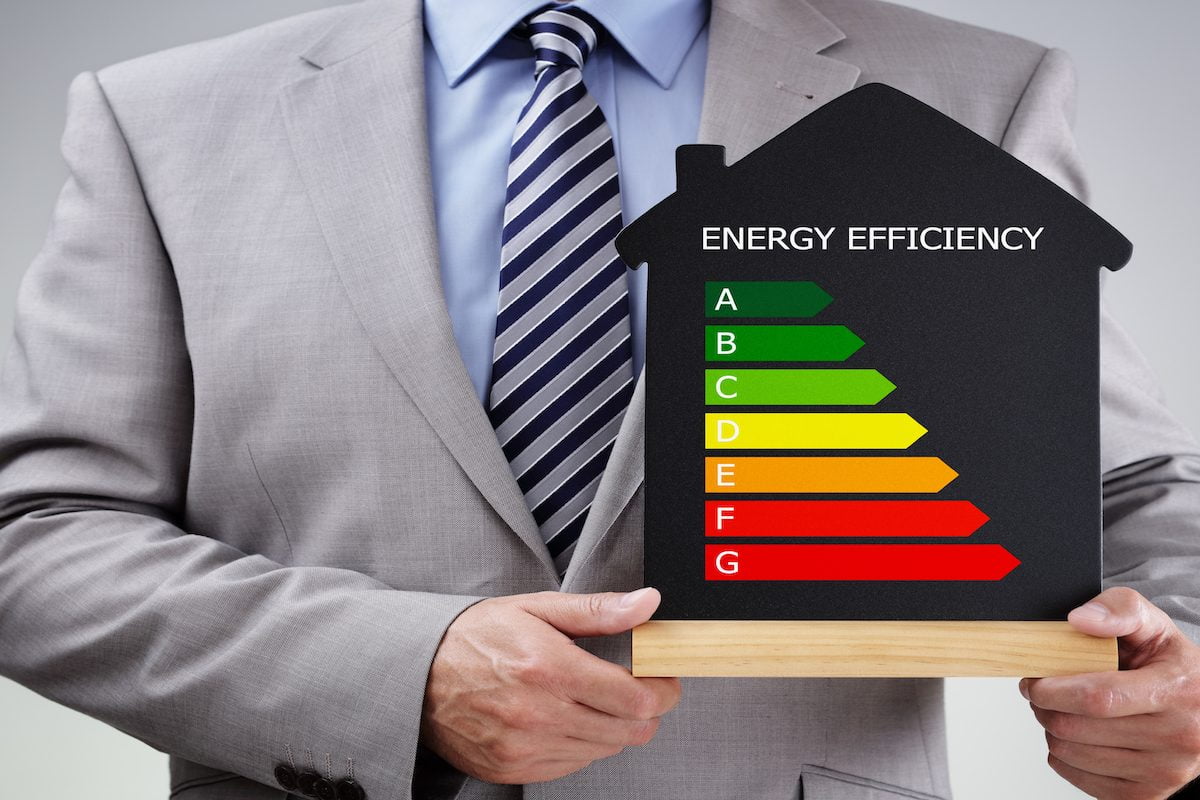
Six Cities Forge Ahead with Home Energy Disclosures – How Your City Can Join Them
Leading U.S. cities are filling a crucial information gap in the residential real estate market by requiring home energy disclosures for potential homebuyers: a much needed transparency measure and consumer protection practice. This process provides buyers with an energy efficiency rating on every property listed for sale. An online resource and a support network are available for local governments that want to adopt similar energy disclosure measures.
Read ArticleJune 8, 2020
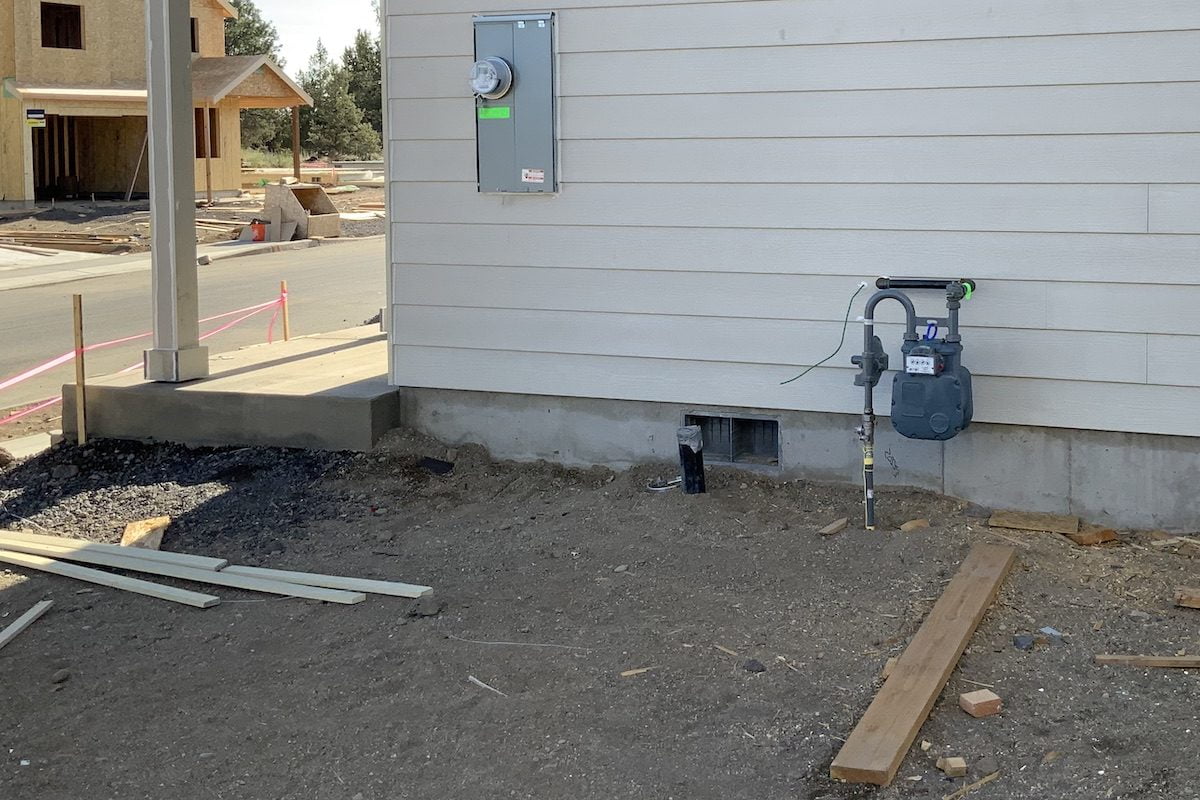
The Many Benefits of All-Electric Design
Decades of advertising tell us that gas is cheap. Even without factoring in the cost of climate change, natural gas is no longer the least expensive choice for residential use. It’s a new era of cost-effective, low carbon, all-electric homes.
Read ArticleApril 13, 2020

Heat Pump Magic
Heat pumps make homes comfortable, heat water, and even dry clothes. And they do it far more efficiently than other methods. It’s not magic, it’s science!
Read ArticleMarch 18, 2020
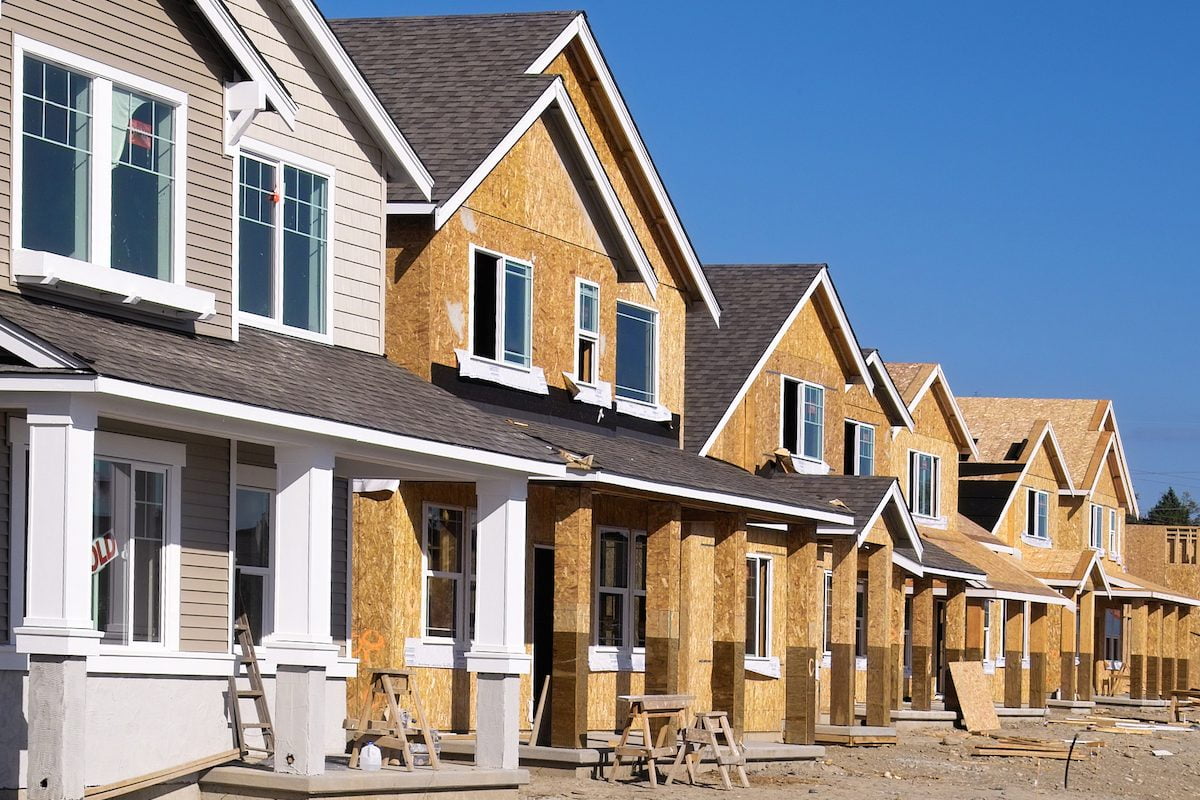
Production Builders, It’s Time to Sell Zero Energy Homes
Zero energy homes are poised to go mainstream. Large builders have the scale necessary to launch the market into this new territory. Homebuyers save and builders profit.
Read ArticleMarch 14, 2020

Make Hot Water the Modern Energy Efficient Way
Heat pump water heaters have been available for several years and are gradually gaining acceptance in new construction as well as in the replacement market. Here is guidance for the best application of this technology with an emphasis on colder climates.
Read ArticleFebruary 15, 2020

Unlocking the Added Value of Zero that Hides in Plain Sight
Real estate appraisers and mortgage lenders have never embraced the market value of energy efficient homes despite convincing evidence. A new study by Freddie Mac provides more data in support of this added value.
Read ArticleFebruary 15, 2020

We Have Met the Enemy and It Is Waste
Energy waste is rampant in the American economy. If waste were cut in half, it would reduce carbon emissions the same amount as closing all coal-fired power plants in the US. Each of us can make choices to help reduce this waste.
Read ArticleFebruary 14, 2020

What Good is Zero if You Keep it a Secret?
Zero energy homes have many benefits, and builders need to get better about sharing them with potential homebuyers. How can we expect buyers to choose zero if they don’t have a good answer to the essential question: Why? Here are several ways to answer that question.
Read ArticleJanuary 22, 2020
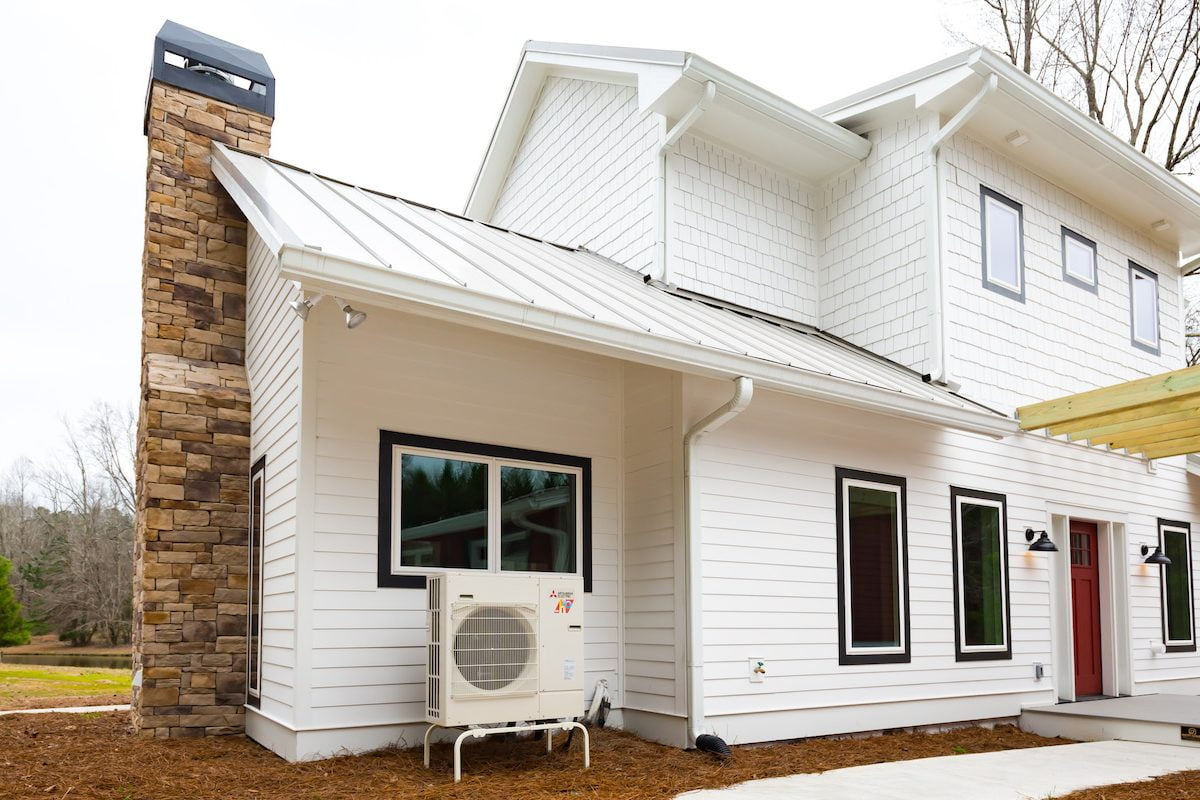
Achieve Comfort and Reliable Performance with Cold-Climate Heat Pumps
Heat pumps are on track to replace heating systems that burn fossil fuels. Modern inverter-driven models can be extremely efficient, even at low outdoor temperatures, and they are capable of supplying all a home’s comfort needs. Here are three tips for builders and HVAC contractors to reach peak heat pump performance and keep customers happy.
Read Article